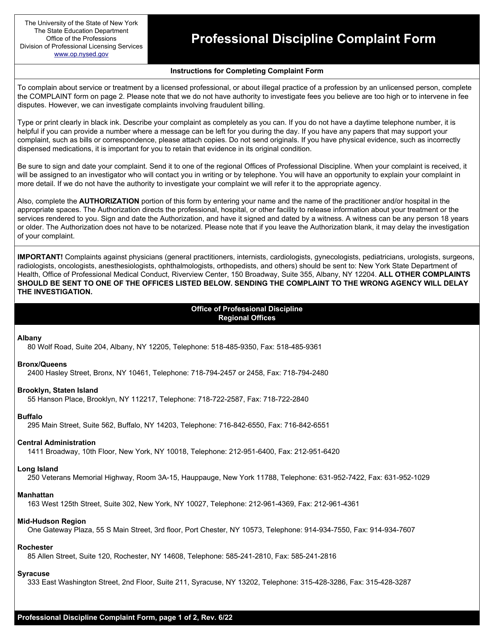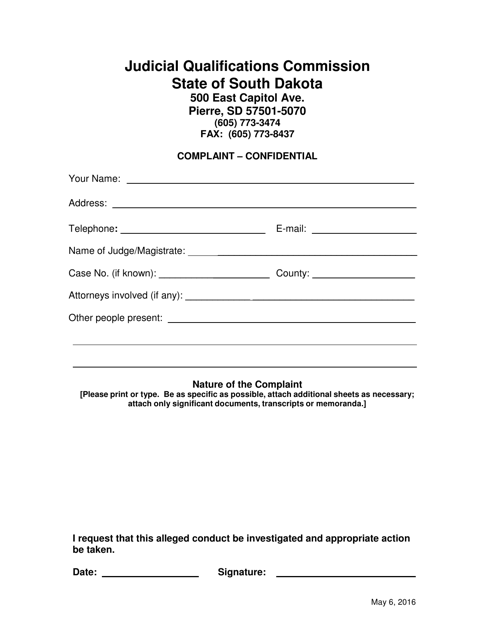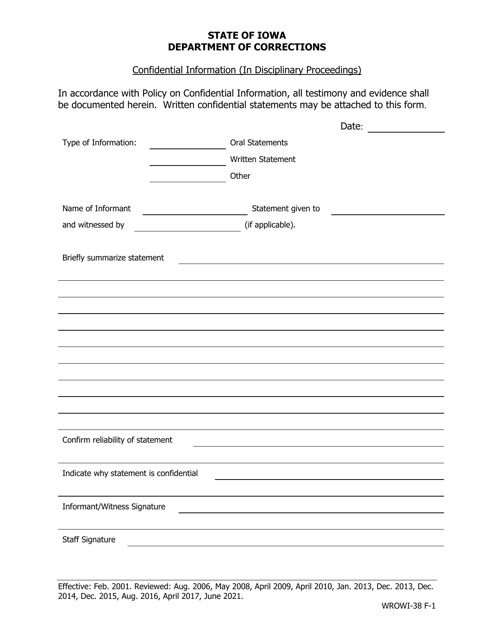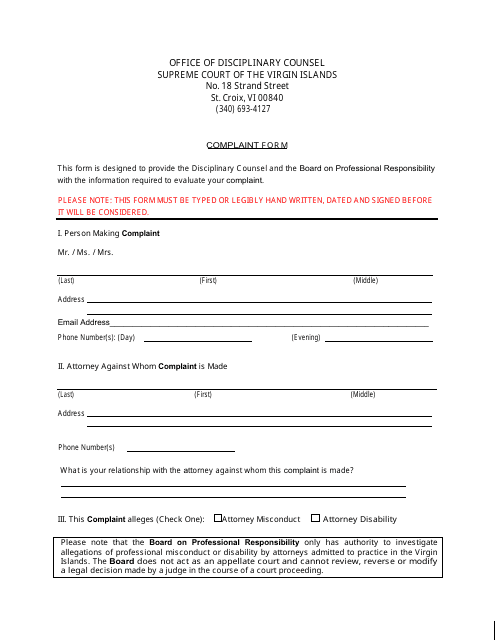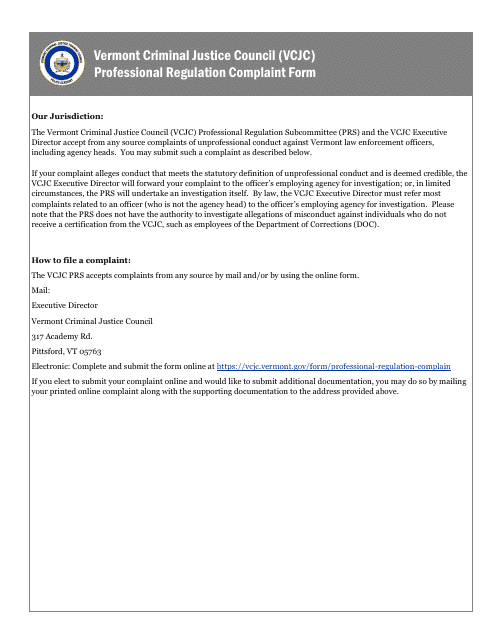Disciplinary Proceedings Templates
In the realm of professional conduct and accountability, disciplinary proceedings are an integral part of maintaining the highest standards of ethics and integrity across various industries and professions. These proceedings aim to address alleged misconduct or violation of regulations by individuals within their respective fields.
Disciplinary proceedings serve as a formal avenue to investigate complaints and hold individuals accountable for their actions. This process ensures that professional standards are upheld and safeguards the interests of the public and clients.
With a range of alternate names like professional discipline complaint form, judicial qualifications commission complaint, confidential information in disciplinary proceedings, office of disciplinary counsel complaint form, and professional regulation complaint form, it is clear that disciplinary proceedings are comprehensive and diverse in their application.
The disciplinary proceedings encompass a transparent and equitable process that involves investigating complaints, gathering evidence, conducting hearings, and imposing appropriate penalties or disciplinary actions when deemed necessary. These proceedings may be initiated based on complaints from colleagues, clients, or regulatory bodies.
Organizations responsible for overseeing disciplinary proceedings, such as professional boards and regulatory agencies, play a crucial role in ensuring fairness and impartiality throughout the process. They carefully review the evidence presented and consider all relevant factors before reaching a decision that aligns with the principles of justice and professional integrity.
Ultimately, disciplinary proceedings are crucial in maintaining public trust and confidence in professions across various sectors. They act as a deterrent against misconduct while promoting accountability, excellence, and ethical behavior among professionals. Whether it involves lawyers, doctors, engineers, or any other profession, disciplinary proceedings are an essential tool in upholding the standards and values that form the foundation of these industries.
Documents:
6
This document is used for filing a complaint against a judge or judicial officer in South Dakota. It provides a way for individuals to report any misconduct or unethical behavior by a member of the judiciary.
This document for handling confidential information in disciplinary proceedings in the state of Iowa.
This Form is used for filing a complaint against an attorney in the Virgin Islands.
This form is used for filing complaints against professionals in Vermont for misconduct or violations of regulations.

